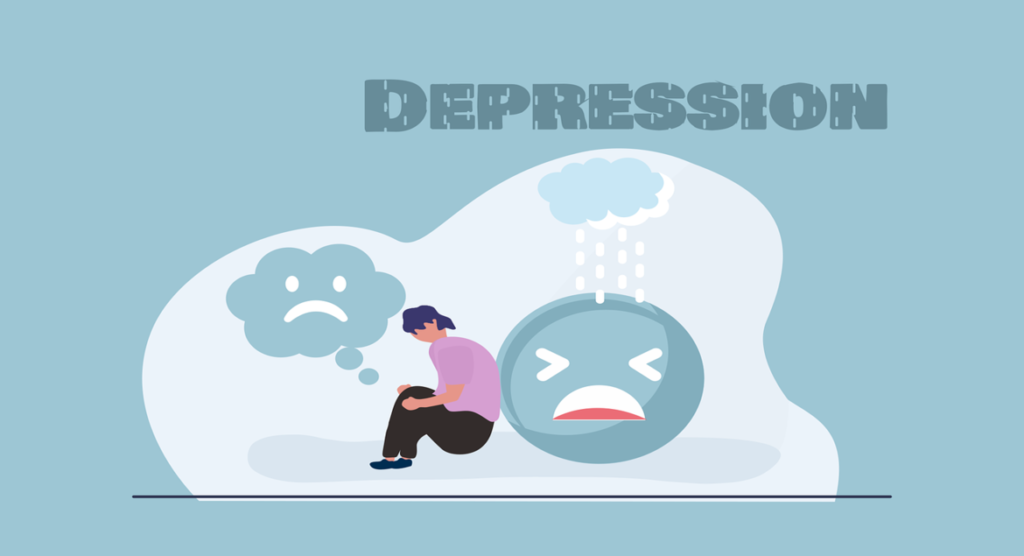Everyone in this world is facing stress and neglecting their mental health. Research has discovered that mental well-being is critical for human beings and mindfulness is one of the practices that is nowadays gaining more popularity. So embracing mindfulness can really transform your mental wellbeing. It focuses on the present situation and prevents you from procrastinating the future things which helps to benefit your mind. In this article, you will learn about the power of mindfulness for mental wellness. Let’s get started:
Table of Contents
What is mindfulness?
Mindfulness is originated from Buddhism and yoga and it is a practice of acknowledging the present situation and concentrating on thoughts that arise in the constant mind. It helps people to battle with fear, anxiety, and stress.
What are the different ways to practice mindfulness?
There are different ways to practice mindfulness that will help you neglect the past and prepare you for the future.
| Ways to practice mindfulness | How to do it |
| Waking meditation is a way of focusing on the experience of walking. With the focus on each and every step, you will experience the motion of the body which in turn helps you to clear your thoughts. |
| It is a way of eating healthy food and opting out of junk food. It will help your body to flush out all the toxic elements present in it. While eating also, you should not talk to anyone or scroll the phone. |
| It is a way of focusing on breathing which helps the body absorb all the positive thoughts. |
| Shower your body every night to notice the thoughts and get to sleep very early. It helps to recover your mood very fast. |
| The sensing part means you see, hear smells and tastes things but without attachments–you are not attached to whether it is beautiful or ugly. |
| .Finally, in the case of urge surfing one’s first task is to cope with craving. These emotions arise and start up from nowhere at night or particular times of day-stay consciously aware but nonresistant; your physical urges will go down by themselves over time anyhow. |
Informal ways to practice mindfulness
There are different ways to practice mindfulness. Here is some of the list of the practices.
Think mindful cleaning, in which the attention is on feeling and movement rather than getting things done. In this case even routine chores become occasions for being there and being here On your commuting, whether standing waiting or driving the car look at everything without prejudice–The colors and scenery all around. Take mindful breaks at work. When you get a chance–stretch, or just sit there and move your body mindfully, observing the climatic effect it has on physical sensations in parts of the body notorious for tightness around these coldest months. One can leave nothing to chance; whether it’s the so-called hot drink or refreshing beverage, even if one tastes a sip of water, he must savor its sourness with mindfulness.
Finally, learn mindful appreciation by taking the time to notice and actually see something in your surroundings: a work of art, a plant or flower-bush on its way up out from among rocks; an object special because it is part nature, that thing you get closer to as witnessing–scape (land.sea). These mundane rituals integrate mindfulness into everyday life, promoting increased presence and awareness.
Benefits of Mindfulness:
- Improves Well-being: Mindfulness builds well-being through the cultivation of attitudes conducive to life. It allows people to enjoy the good things life brings, participate fully in activities, and handle unfavorable happenings.
- Provide good physical health: From a scientific standpoint, mindfulness techniques have been proven to promote good health. It helps to reduce tension, prevent and treatment against heart disease lower systolic blood pressure found in many religious communities.
- Helps in mental disorders: Psychotherapists also use mindfulness meditation to treat many mental disorders. It is used to alleviate depression, substance abuse disorders and eating disorders; it also can help couples resolve their differences or contain patients in whom anxiety disorder has manifested itself in an obsessive-compulsive manner.
In general, mindfulness is very effective. It has a positive impact on the entire body– mentally and physically. It favors awareness of the moment, so as to make life richer and allowing greater flexibility in facing difficulties. Secondly, its use in psychotherapy reveals that it can be used as a therapeutic instrument for many psychological diseases.
Conclusion:
Unlocking the Power of Mindfulness for Mental Wellness helps human beings to face life confrontationally and with grace. Cultivating mindfulness involves a radical transformation of mental health: cultivated resilience, emotional balance, and the present moment.
FAQ :
1)When is a good time to be mindful?
The best of all, though is that mindfulness can be adjusted. No matter what time suites your daily routine, its daytime hours are convenient. Whether it’s mornings after eating breakfast or breaks in your studying, you can exercise any time of day. When doesn’t have much meaning, but it is the consistency that matters.
2) Could mindfulness substitute for therapy in treating mental imbalances?
It complements therapy but isn’t directly replacing it. But subjecting one’s body in this way is actually a very effective therapeutic approach for psychological problems. But it’s not a substitute for real therapy in cases involving serious sickness or injury.
3) When do the benefits of mindfulness come into play?
After only a few weeks of daily practice, the benefits will show up. However, each individual’s experience varies. You’ve got to be consistent; the deepest effects are reached through repeated practice.
4) Is mindfulness religious or spiritual?
Mindfulness itself is ultimately not a religious or spiritual affair. It has deep roots in forms of contemplative practice that go back to ancient times, but it doesn’t inhabit the space defined by the presence-absence experience; some see and others believe simply cannot be seen at all. Actually it is a kind of mental discipline, and anyone can practice this exercise whether or not you believe in the cult.
5)Can children benefit from mindfulness?
Absolutely. In teaching children mindfulness, we are helping them develop empathy and resilience and learning to manage stress. That gives kids an emotional edge of psychological well-being they can use for the rest of their lives.
6) Are there different types of mindfulness practice?
Ah, yes. Mindfulness has many different facets, such as concentrated attention or concentration; breathing meditation and body consciousness.



